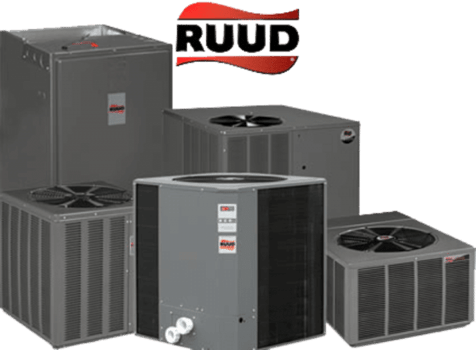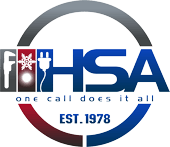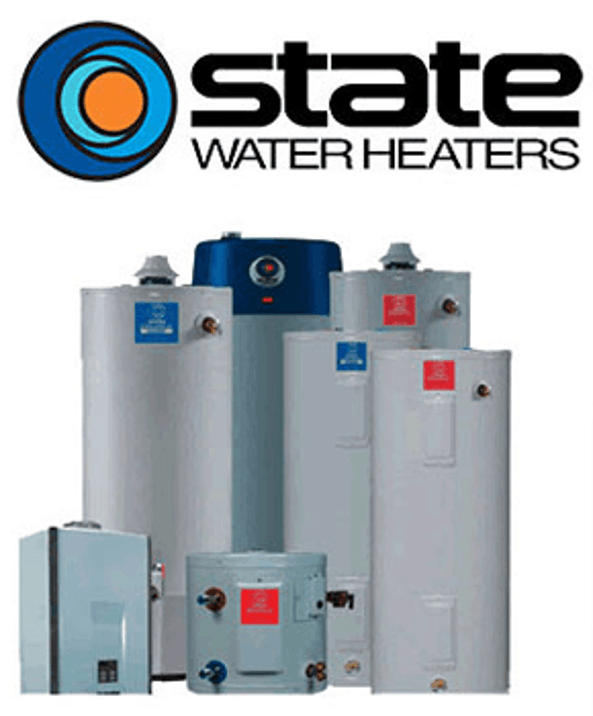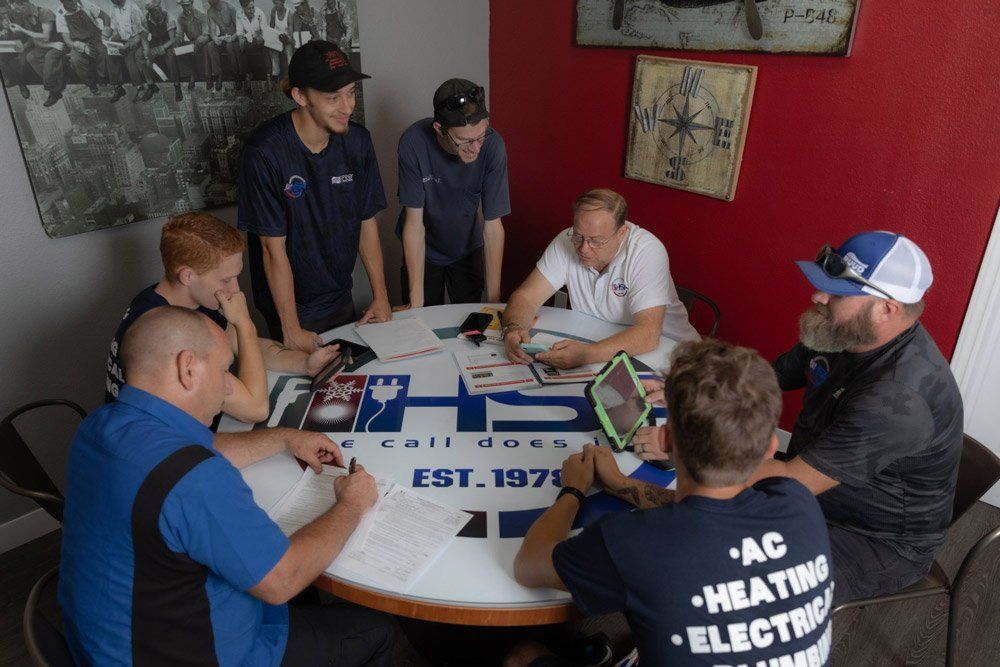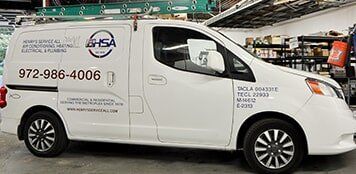Furnace Safety Tips | Henry's Service All
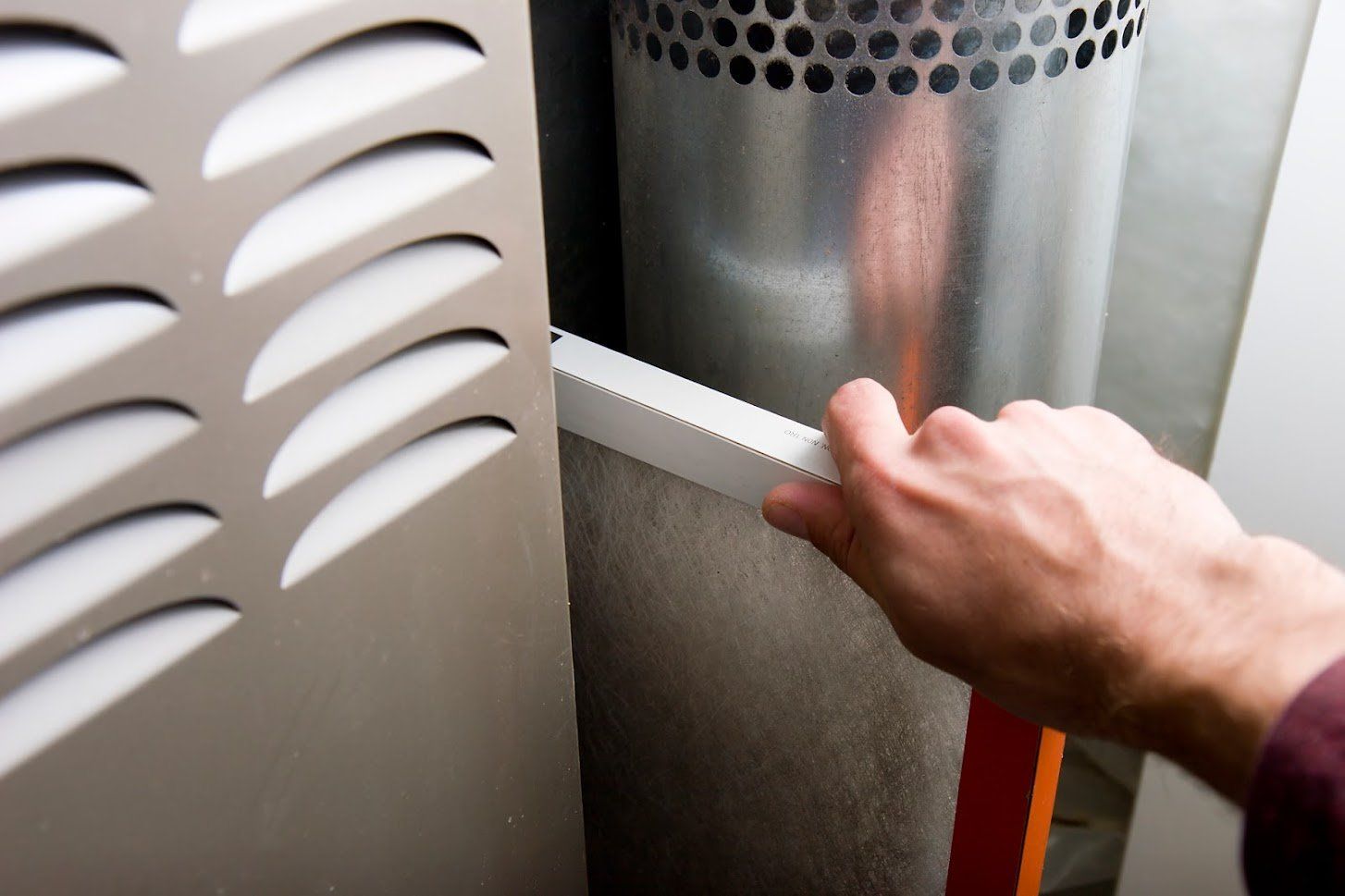
Do you use your furnace safely? Your home's HVAC system isn't something you likely think of often - especially if it heats the interior area evenly. But this doesn't mean a working heater can't pose a potential risk if you don't maintain it properly. As the weather goes from warm to wild, take a look at what you need to know about furnace safety.
1. Keep Your Furnace Clean
While you don't need to detail your HVAC system daily, you should schedule a pre-season check-up and cleaning service and learn how to maintain the unit during the winter months. According to the National Fire Protection Association (NFPA), failure to properly clean heating equipment is the main cause of heating system-related fires.
An air filter change is one of the easiest ways you can keep your furnace clean. Removal and replacement of the air filter (or cleaning it, if you have the reusable type) can stop dirt, dust, pet fur, and other debris from circulating through the system. This can limit the wear and tear on the furnace and help to keep the unit clean.
Not only can this potentially reduce the fire hazards a dirty furnace can cause, but this can also improve the quality of the indoor air. Clean indoor air can lower the likelihood of allergic reactions and some respiratory illnesses.
Along with the main heating unit, make sure the chimney or vent is also clean. This is a job for a professional. Schedule a pre-season or a mid-season maintenance service for a deep system clean that includes more than just the filter.
2. Move Flammables Away From the Furnace
Dirt, dust, and debris aren't the only safety issues. The NFPA recommends maintaining a three-foot or more border around all heating equipment. Even though your child's old artwork, boxes of holiday decor, and everything else you store in the basement or utility room may not seem like a hazard, when placed close to a furnace, these items do pose a fire risk.
Create a safer space near your HVAC system and move anything combustible (such as chemical cleaners, paint products, or other similar items) farther away from the furnace. Consider storing these types of items in another room.
3. Use a Carbon Monoxide Detector
A professional pre-season inspection can help you to spot a potential problem. But what happens if the furnace malfunctions during the winter months? Carbon monoxide is an odorless, colorless gas. If you have a natural gas furnace, you could have a carbon monoxide leak.
Undetected, carbon monoxide can leak into your home and cause serious illness or death.
To reduce this furnace-related risk, install carbon monoxide detectors on each floor and in each area of your home. Follow the manufacturer's directions for installation. If you're not sure where to place the detectors, talk to an HVAC professional. A technician can show you where you need detectors and make sure they aren't too close to the furnace.
4. Call If You Have Questions
An HVAC contractor can do much more than inspect and clean a furnace or help you to place carbon monoxide detectors. This professional is your first line of defense against furnace mishaps and safety issues. Whether you smell an odd scent coming from your furnace, don't feel warm air, or notice another issue, call the contractor as soon as possible. The contractor can inspect and assess your system and repair potential problems.
If your carbon monoxide detector sounds an alarm, you smell smoke, you see smoke, or you smell natural gas (a sulfur-like or rotten egg odor), contact your local emergency service authority immediately.
Do you need a mid-season maintenance check, cleaning, or furnace repair or replacement? Contact Henry's Service All for more information.



